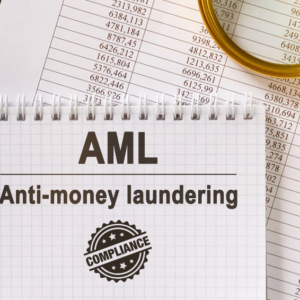Nothing can stop your business as effectively as a broken down commercial fridge. If your refrigeration equipment fails, you’ll be sending all those customers home dissatisfied or worse. You’re most likely aware that preventative maintenance keeps your heating and air conditioning systems running reliably and efficiently. It’s vital to also realise that regular service is just as important after you purchase a commercial fridge on sale.
These are 8 preventative maintenance tips for your commercial fridge.
Clean The Refrigerator Equipment
The fast pace of your kitchen may mean there’s little time for a prompt cleanup. It’s imperative, however, to make sure food and beverage spills are cleaned up on a timely basis, as part of a daily commercial fridge maintenance program. It’s important to be careful not to use steel, wool and other abrasives, as well as chemicals such as bleach that could damage your appliance’s finish.
The longer you let a spill settle, the harder it will be to clean without the use of a potentially harmful cleaning agent. Uncleaned spills could lead to unpleasant odours that affect the quality of your ingredients, as well as mould growth that could jeopardise the safety of your food.
Disassemble and Clean Ice Makers
Dirty ice is one of the most common health inspection violations. Even if your ice looks fine, you could be making people sick if the inside of your ice maker is covered with mould. Neglected ice machines can carry bacteria and viruses including Salmonella, Listeria and E. coli. These problems are caused by dirt and mould accumulating inside your ice maker, which can happen even if the machine has an automatic cleaning cycle.
To help remedy and prevent it from happening again, it’s important to schedule a refrigeration maintenance expert to come in at least twice a year to disassemble the unit and thoroughly clean all its components.
Clear The Area to Optimise its Airflow
It’s vital not to overlook your exterior airflow issues. Kitchens can often be cramped spaces with little room to spare. To help ensure you don’t block the air intake and exhaust vents of your commercial fridge, be sure to clear its surrounding area. Your commercial fridge will be forced to work harder to cool food inside, which not only uses up more electricity but could bring about a premature end to your refrigerator system.
Check Your Settings
Be sure to check your temperature and defrost frequency settings daily. If the temperature is set lower than necessary, your system could work too hard and shorten its life. If the unit is too cold, ice could form particularly on liquids. On the other hand, if your temperature is not cool enough your food could spoil.
Check Your Interior Lights
Always remember to shut off the lights in your freezer or cooler. It may seem trivial but not only do lights drive your electricity bills up, they also generate heat, which again is another reason your refrigeration units might be working harder than necessary. A good alternative is to use fluorescent lights that generate less heat inside coolers and freezers.
Inspect Seals And Fix Any Leaks
When hinges, latches, strikes, gaskets or seals are in poor condition, the door of your units may not be airtight. You can test the door gasket by closing a dollar bill in the door. There should be some resistance when you pull on it but if it slides out easily, the door is not sealing properly. If this is the case, it’s important to call in a professional refrigeration company for advice and repair.
Clean The Coils
Coil cleaning is crucial to the efficient operation of your system and should be on all refrigeration preventative maintenance checklists. Be sure to inspect and clean your unit’s condenser and evaporator coils every month. If your coils are caked in dirt and grime, it will interfere with the transfer of heat from your system.
This is yet another cause of inefficiency, which makes your system work overtime – increasing the need for repairs. The use of professional services may be best for a task such as this, to ensure the coils are cleaned properly.
Clean Fan Blades
Another DIY chore you may want to entrust to professionals is fan blade cleaning. Dirty blades force the fan motors to work harder to rotate the blades. When cleaning the blades, it’s important to make sure the screws are tightened to make sure they’re not damaged during the process. Blade cleaning is another monthly job that should be undertaken diligently.
To help prevent breakdowns that could cost your business, be sure to arrange a regular preventative maintenance program for your commercial fridge.






